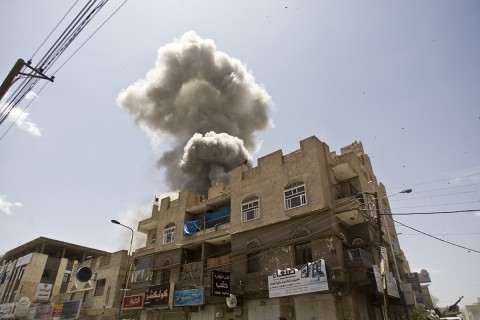What the US has wrought in Yemen
Biden’s announcement of the end of American involvement is refreshingly clear and straightforward—assuming it pans out.

Last month the Biden administration announced an end to US support for the war in Yemen. Few Americans probably remember when we began to support this war or what that support has meant. This was intentional on the part of the Obama administration (of which Biden was a part), which emphasized its counterterrorism goals in Yemen but obscured the basic facts of US participation. With its clarity and openness, Biden’s announcement comes as something of a breath of fresh air.
The origins of Yemen’s current conflict are long-standing and complex. But the civil war began in 2014, when Shi’ite rebels attacked Yemen’s Sunni government and took over the capital. In 2015 a Saudi-led coalition of Gulf states began a campaign against the rebels. From the beginning, the United States provided logistical and intelligence support, along with arms sales. It also literally fueled the conflict, delivering tens of millions of pounds of jet fuel to the Saudis.
The conflict has been devastating for the Yemeni people. Yemen is experiencing the world’s worst humanitarian crisis, with almost 80 percent of its people near starvation. There are 30 active military fronts. All sides have violated human rights and international humanitarian law, and civilians have paid much of the price. US-made bombs have killed or injured thousands of Yemenis. In Yemen, the United States is rightly seen as an instigator and perpetuator of the conflict.




